JONES LAW GROUPYour Lawyers for Life! Personal Injury Law Firm in St. Petersburg
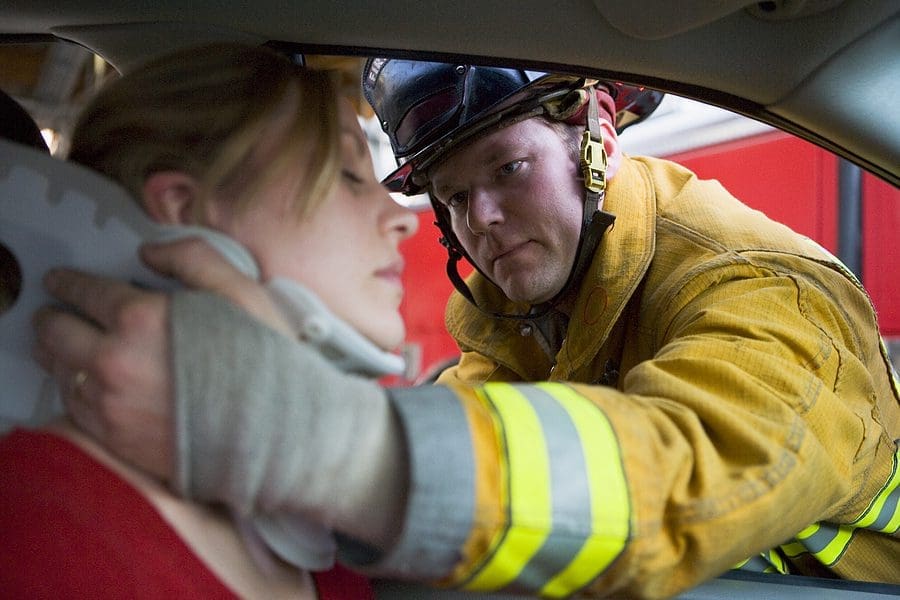
While in theory any part of the body is vulnerable to harm in a crash, some car accident injuries are more common than others. Summary Any accident involving a motor vehicle can result in catastrophic injuries. A commercial truck could crush the top of a car. A motorcyclist could be thrown from their bike after […]
Call our personal injury law office directly at (727) 512-9847
At Jones Law Group in St. Petersburg, FL, we would like to hear from you. Contact us for a free personal injury case consultation.
Call our personal injury law office at (727) 512-9847
Get educated on the Florida's personal injury laws and more.
While in theory any part of the body is vulnerable to harm in a crash, some car accident injuries are more common than others.
Summary
Any accident involving a motor vehicle can result in catastrophic injuries. A commercial truck could crush the top of a car. A motorcyclist could be thrown from their bike after being struck by a car. Car accident injuries are often debilitating, leading to decades of suffering and misery.
If you’ve suffered this kind of injury in a car accident caused by someone else, the attorneys with the Jones Law Group will be here for you. We have a great deal of knowledge in this area of the law.
We also have an extensive track record of success in protecting our clients’ rights after a Florida car accident and helping them obtain the compensation they deserve. The following are some of the more common injuries that occur due to car accidents.
If you’ve suffered an injury in an automobile wreck caused by another’s negligence, please get in touch with us as soon as possible to schedule a free consultation. You can call us at (727) 571-1333 or contact us online.
Even when a driver or passenger wears a seatbelt, a wreck can still subject them to powerful forces during a wreck. These forces can lead to hitting their head on a side window, the dashboard, or some other type of hard surface.
The result can be a devastating traumatic brain injury (TBI), one of the worst car accident injuries anyone can suffer. Victims can also file car accident claims for concussions, which are a less severe type of traumatic brain injury.
A TBI can be incredibly frustrating because it can rob a victim of the ability to do everyday things that most of us take for granted. A victim of a traumatic brain injury, for instance, might not be able to remember names or express their thoughts as quickly as before. Some of them could be injured so severely that they can’t even dress or cook.
A spinal cord injury is severe because it can impact any part of the body connected to the nervous system. Unfortunately, spinal cord injury victims will often lose feeling in their limbs. Or they’ll be so badly hurt that they can’t even walk because they’re paralyzed.
Some medications can sometimes help promote healing. However, their side effects are so severe (including an increased risk of potentially fatal blood clots and pneumonia) that surgery is the only option. Victims will often have to deal with unbearable pain for decades and need a wheelchair to get around.
While most people would consider someone who “only” suffers a broken bone in a car accident to be somewhat lucky, the victim of that injury will feel anything but. Vehicle collisions frequently lead to the unnatural twisting of limbs.
When this happens, limbs will often break or fracture due to the pressure. This could result in months of disability and possibly the need for extensive surgery.
These include injuries to ligaments, muscles, and tendons. Some of these car accident injuries can heal on their own, but others will require intensive treatment. Even then, they can lead to chronic pain and numbness, as well as other issues that could limit a victim’s mobility for years to come.
It can be challenging to prove that a car accident caused a soft tissue injury. Insurance companies will often argue that the victim already had that injury. This complexity can pose a significant problem in an accident that doesn’t result in extensive vehicle damage.
However, a skilled attorney can produce the evidence needed to prove that the victim’s injury directly resulted from the accident caused by the at-fault motorist’s negligence.
The results can be tragic if a doctor doesn’t treat an internal injury immediately. Many people will assume they’re okay because they can’t see any signs they’re severely hurt.
However, any sort of internal damage can be severe – especially if it leads to significant internal bleeding. This bleeding is why obtaining medical attention as quickly as possible is so crucial for anyone involved in a car accident.
When an accident pins drivers in their vehicles, the crushing of arms or legs can cut off the blood supply. When that happens, the affected limb may require amputation. This means the victim will likely no longer be able to enjoy the activities they once loved.
So, not only have they experienced physical trauma, they’ll have to endure severe mental and emotional trauma as well. A car accident lawyer can help recover full compensation for a long-term disability like an amputation.
Everyone has experienced a burn at one time or another. They may have eaten something too hot or accidentally put their hand under a scalding stream of water. But these experiences obviously pale in comparison to suffering a severe burn injury in a car accident.
Severe burns can lead to excruciating pain – not only from the injury itself but also from the treatment required to address the injury. Victims may need skin grafts in severe instances, and disfigurement could be permanent.
Disfigurement can lead to feelings of depression on top of physical suffering. Burns and other injuries from car fires can also be life-threatening, especially if they become infected.
Whiplash is one of the most frequently reported injuries in car accidents, particularly in rear-end collisions. A car accident can cause whiplash when the neck is suddenly forced back and forth in a jerking motion, much like cracking a whip. This rapid movement can strain or damage the neck muscles, tendons, and ligaments.
Symptoms of whiplash often include neck pain, stiffness, reduced range of motion, headaches, especially at the base of the skull, and, in some cases, tingling or numbness in the arms. Symptoms might not appear immediately and could take hours or even days to surface.
Treatment for whiplash generally involves resting in the early stages, applying ice or heat to reduce pain and swelling, and gentle exercises to restore mobility. Physical therapy and over-the-counter pain relief may also help, depending on the severity of the injury.
Cuts and lacerations are also common injuries after all types of car accidents. They are often caused by broken glass, sharp metal edges, or deployed airbags. These injuries range from minor surface cuts to deep wounds that may affect muscles, nerves, or blood vessels.
The severity of symptoms depends on the depth and location of the cut. Minor cuts might sting or bleed lightly, while deep lacerations can result in significant bleeding, swelling, or infection if not treated promptly. Some cuts may leave visible scars, affecting a person both physically and emotionally.
Minor cuts may only need cleaning and a bandage, while deeper lacerations might require stitches or even surgery to repair underlying damage. Proper wound care, such as keeping it clean and covered, helps prevent infection and ensures healthy healing.
Post-traumatic stress disorder (PTSD) is a psychological injury that can develop after the trauma of a car accident. Experiencing a crash can be deeply distressing, especially if it involves severe injuries, a loss of life, or a lack of control during the event.
PTSD can occur regardless of the severity of the physical injuries sustained. The symptoms of PTSD include flashbacks of the accident, nightmares, heightened anxiety, and avoidance of driving or similar situations.
Some individuals might also experience irritability, difficulty sleeping, or emotional numbness. These symptoms can disrupt daily life and relationships, often lasting for weeks or months if untreated.
Treatment usually involves therapy, such as cognitive-behavioral therapy (CBT) or trauma-focused counseling, which helps individuals process their feelings. Additionally, relaxation techniques and medication can assist in managing anxiety and other related symptoms. Early intervention is vital for recovery.
Knee trauma is a frequent injury in car accidents, often resulting from the impact between the knee and the dashboard or other parts of the vehicle. This direct collision can lead to cartilage damage, ligament tears, fractures, or dislocations.
Symptoms may include immediate pain, swelling, bruising, and difficulty in bending or moving the knee. Some individuals may experience instability in the joint, making it hard to bear weight. The severity of symptoms depends on the type and extent of the injury.
Treatment options for knee trauma range from simple remedies like rest, ice application, and elevation for minor injuries to more intensive approaches for severe cases.
These might include physical therapy, use of knee braces, or even surgical intervention to repair damaged ligaments or bones. Proper rehabilitation is key to restoring knee function and avoiding long-term issues.
Rib and torso injuries are often caused by the impact of seat belts, airbag deployment, or direct collision with the steering wheel or dashboard. These injuries can range from minor bruises to severe conditions such as fractured ribs or damage to internal organs.
Symptoms of these injuries vary but may include sharp chest pain, difficulty breathing, bruising around the ribcage, and tenderness. More severe cases might lead to complications like punctured lungs or internal bleeding, which require immediate medical attention.
Minor bruising or fractures might only require pain management and rest. For more serious injuries, interventions like surgery or hospitalization might be necessary. Early evaluation, proper care, and close monitoring are essential to prevent complications and promote full recovery.
One of the most crucial aspects is determining who is responsible for the car accident injuries and damages. This process, often called establishing liability, can be complex, but understanding the key factors can help you navigate this challenging situation.
You’ll need to gather as much evidence as possible to determine liability. This evidence includes eyewitness statements, photographs of the accident scene, and relevant documents like police reports. The more evidence you have, the stronger your case becomes.
Negligence is a crucial concept in determining liability. It means someone failed to exercise reasonable care, leading to the accident. Proving negligence often involves showing that the responsible party acted recklessly.
Alternatively, it can mean showing they didn’t take the necessary precautions to prevent the accident. For example, drunk driving would qualify as negligence in a case where the driver caused a head-on collision.
Eyewitness accounts can be influential in establishing liability. Witnesses can provide crucial insights into what happened, helping to corroborate your side of the story. If you’re in an accident, you should get the contact information of anyone who saw what happened.
Sometimes, accident reconstruction experts or medical professionals may be necessary to determine liability. These expert witnesses can provide specialized knowledge and analysis that can clarify the circumstances of the accident.
Car accident injuries often result in substantial medical bills. The cost of treating a TBI, for example, can lead to medical bills of as much as $1.8 million over the victim’s lifetime. If someone needs an amputation, research has shown that care costs for amputations could total more than $500,000.
A severe spinal cord injury can cost nearly $1 million in the year after the injury. Keep in mind, there is only one chance for an injury victim to be able to obtain the compensation needed to pay for this medical care.
Hire an experienced car accident attorney as fast as possible. Your personal injury attorney will work to uncover the proof needed to show the severity of your injury and that the other driver was to blame.
You may be entitled to compensation for your losses and injuries when you’re involved in a car accident, and it’s not your fault. These are known as damages. Understanding the different types of damages can help you determine the full extent of what you can recover in a car accident case.
Economic damages are tangible. Attorneys can easily place a dollar value on them. They can include:
Non-economic damages, on the other hand, are subjective. They compensate for the more intangible consequences of an accident. These can include:
Punitive damages punish the negligent party for their reckless or intentionally harmful behavior. They serve as a deterrent to prevent such conduct in the future. However, juries rarely award them.
You might be wondering whether you need to find a car accident lawyer near you. The decision to seek legal representation depends on several factors, and understanding them can help you make an informed choice.
Car accident victims should consider the following:
If you sustained minor car accident injuries, you may be able to handle the insurance claim process independently. However, if your injuries are severe or long-lasting, an attorney can help ensure you receive adequate compensation for medical expenses, pain and suffering, and other damages.
Legal assistance becomes crucial when it’s unclear who was at fault or the responsible party disputes their liability. A lawyer can investigate the accident, gather evidence, and build a strong case on your behalf.
The insurance company will do whatever it can to pay you as little as possible and devalue your claim. Skilled lawyers understand insurers’ tactics and can negotiate effectively on your behalf.
Pursuing a car accident case can be time-consuming and emotionally draining. Hiring a lawyer relieves the stress of dealing with legal matters, helping you keep your focus on your recovery.
Attorneys are extremely familiar with personal injury laws and regulations. They can provide legal advice and guidance tailored to your specific case.
Please don’t take the chance of having to come up with the money it will take to treat your car accident injuries on your own. Get in touch with the Jones Law Group ASAP to learn how we may be able to help, whether that means reaching out to our Largo, St. Petersburg, Pinellas Park, Gulfport, Kenneth City, or Madeira Beach car accident attorneys.
Call (727) 571-1333 or use our online form for a free review of your case.
Following a car accident, it’s essential to take several steps to ensure your safety, gather information, and protect your legal rights:
Even if you feel fine, you should undergo a medical examination after an accident. Doctors can identify car accident injuries that might not be readily apparent and recommend appropriate treatment.
Seeking immediate medical attention also creates a documented record of your injuries and their connection to the accident. Continuing to follow medical advice regarding your injuries is also important after a car accident. These records can be crucial for insurance claims and potential legal actions.
Some minor injuries may have long-term consequences. For instance, a seemingly minor neck or back injury can develop into chronic pain over time. Seeking compensation through a personal injury lawsuit takes time, but it can also help address potential future issues.

Motorcycle accidents are incredibly common, not only in Florida but the rest of the United States. The vast majority of riders follow all rules of the road, are courteous towards other motorists, and do everything they can to try to avoid being in an accident. But they still have to deal with the ridiculous reality […]
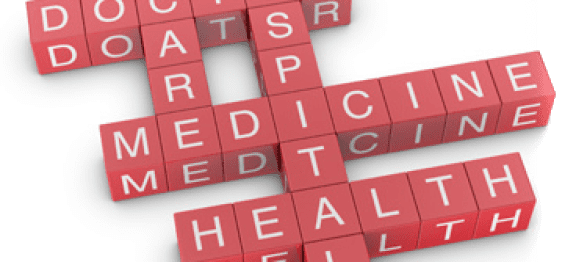
Understand common personal injury medical terms like MRI, CT scan, neurologist, physiatrist, and more. Part 1 of our 6-part guide for Florida accident victims.
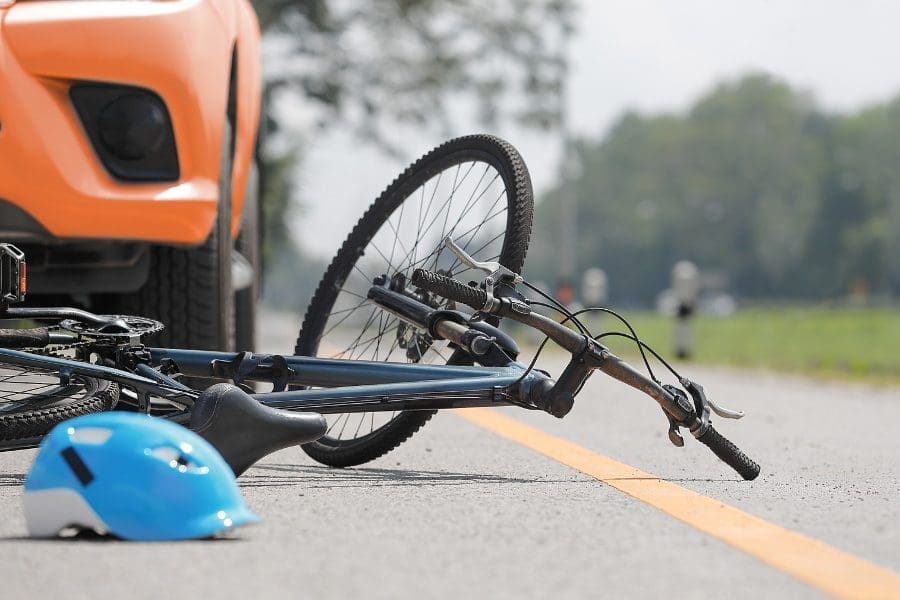
Personal injury attorneys in Tampa help accident victims recover fair compensation from the at-fault parties. Summary Accidents happen – and in an area with as many people as Tampa Bay, they happen a lot. There are far too many car accidents, truck accidents, bicycle and pedestrian accidents, and others. In most cases, these mishaps occur […]
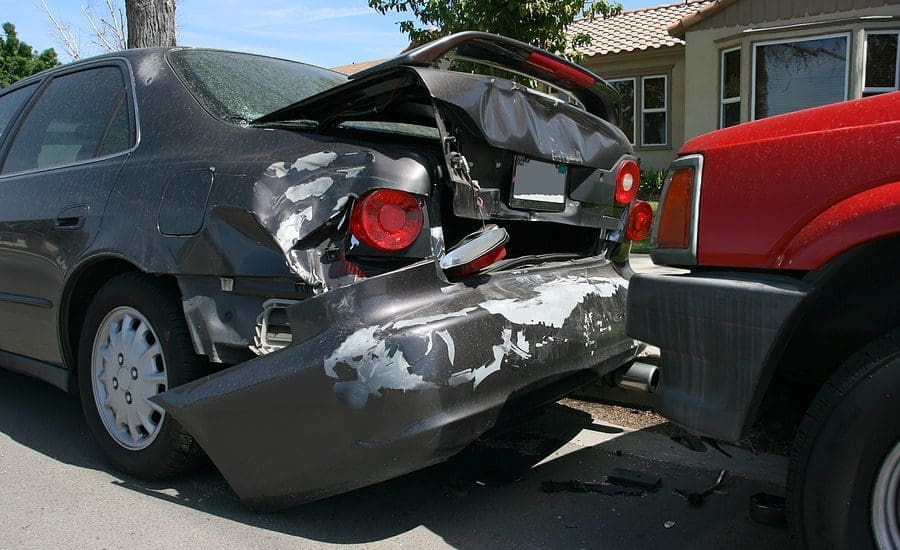
Car accidents are a leading cause of TMJ injuries, often going undiagnosed. Learn the symptoms, how TMJ is connected to whiplash, and available treatment options.
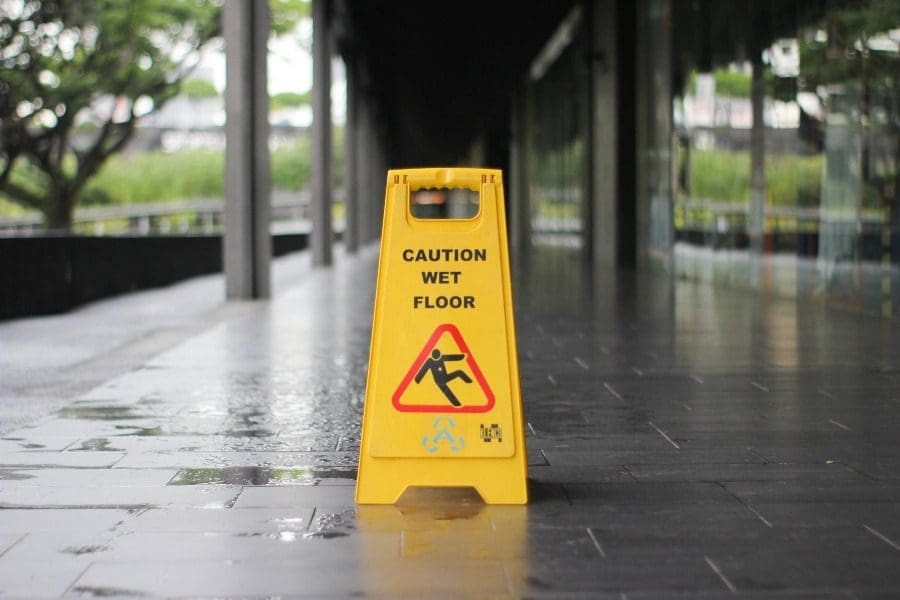
If you’ve been hurt in a slip-and-fall accident, it’s only natural to think of what your potential legal options may be. It’s very likely you’ve never been in this type of situation before, and you’re wondering what to expect. It’s important to know that you must make sure your rights are protected at all times. […]

Here’s a recap of what to expect when you meet a personal injury lawyer to discuss your case. Summary Dealing with a personal injury can be overwhelming, especially when it comes to understanding your legal rights and options. This is why a free consultation with a personal injury lawyer is an invaluable tool. At Jones […]
Speak with us before time runs out! In Florida, you have a limited window to file a personal injury case, so speak to an Attorney today.
Call our personal injury law office directly at (727) 512-9847
Jones Law Group is a dedicated personal injury lawyer in St. Petersburg, FL, serving the Tampa Bay area since 2006. Our experienced attorneys specialize in car accidents, slip and fall cases, employment law disputes, construction law issues, and overtime wage claims, fighting for maximum compensation on a contingency fee basis. Contact us for a free consultation to discuss your case.
Call our personal injury law office at (727) 512-9847
© Copyright 2006–2025 Jones Law Group Attorneys at Law. All rights reserved. Privacy Policy Terms of Use
Attorney Advertising.
The information on this website is for general information purposes only. Nothing on this site should be taken as legal advice for any individual case or situation. This information is not intended to create, and receipt or viewing does not constitute, an attorney-client relationship. Past results do not guarantee similar outcomes.
Are you injured or wronged and interested in a consultation? Fill out the form for a free consultation with us.